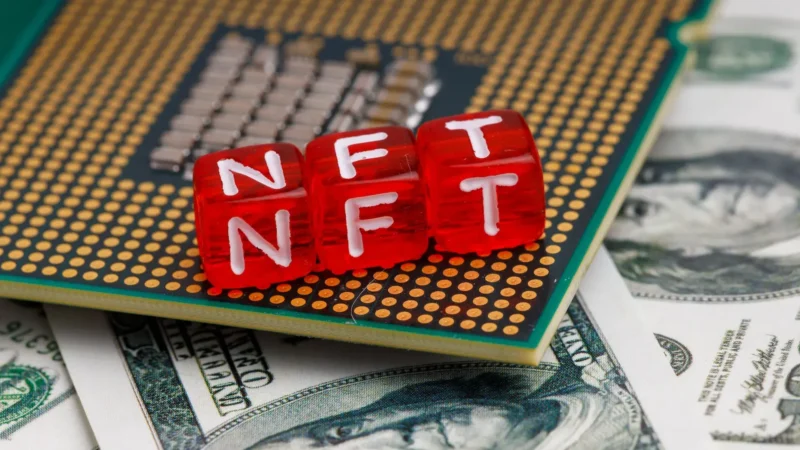FATF releases finalized guidelines for crypto industry including DeFi and NFTs

Financial Action Task Force (FATF), the global anti-money laundering agency has recently released its updated guidelines for firms handling digital assets. The guidelines aim to bring the nascent crypto industry in line with the existing regulatory framework for banks.
The Financial Action Task Force draft addresses the virtual assets service providers (VASPs) while hinting that the regulations are coming for crypto firms – both centralized and decentralized. Most of the proposed approach from FATF revolves around the “travel rule” which asks VASPs for collecting originator and beneficiary information for all the parties participating in a transaction.
In the recently updated guidelines, FATF seeks to account for transactions to and from the “unhosted wallets”. Besides, it also expands its framework to new areas of decentralized finance (DeFi), decentralized autonomous organizations (DAOs), and non-fungible tokens (NFTs).
However, there have been doubts about how the FATF will apply its VASP standards to DeFi. The anti-money laundering agency, however, has stated that it intends for the definitions to be interpreted broadly and then utilized by jurisdictions to combat illicit finance activities.
The FATF also said that understanding the function of technology is also very crucial in addition to adhering to the definition of VASP standards. It also added that they will analyze the services based on what they offer instead of how they fit into the nomenclature. The FATF guidance noted:
Countries should not apply their definition based on the nomenclature or terminology which the entity adopts to describe itself or the technology it employs for its activities…The obligations in the FATF Standards stem from the underlying financial services offered without regard to an entity’s operational model, technological tools, ledger design, or any other operating feature.
Defining the boundaries for NFTs
Non-fungible tokens (NFTs) have been the recent rage in the market gaining immense popularity over the last few months. Now, the big question is about how to categorize NFTs as virtual assets (VAs). FATF notes that VAs aren’t a mere digital representation of values. They also need to be exchangeable or tradable components. FATF notes that with VAs, value needs to be transferred instead of just acting as a mode of record keeping.
Thus, the regulator explained that non-fungible tokens (NFTs) don’t appear to constitute virtual assets (VAs). However, if the way of the use of NFTs falls under the FATF standards, they need to be regulated. This is even if they don’t fall in the VA definition.
FATF said that it recommends a “functional approach” to regulating these kinds of assets. The guidance notes:
Some NFTs that on their face do not appear to constitute VAs may fall under the VA definition if they are to be used for payment or investment purposes in practice. Other NFTs are digital representations of other financial assets already covered by the FATF Standards. Such assets are therefore excluded from the FATF definition of VA, but would be covered by the FATF Standards as that type of financial asset.
The FATF is leaving some flexibility for the countries to decide what protocols they want to consider as DeFi. However, it adds that jurisdictions will have to assess new projects and how they can relate to the guidance.



